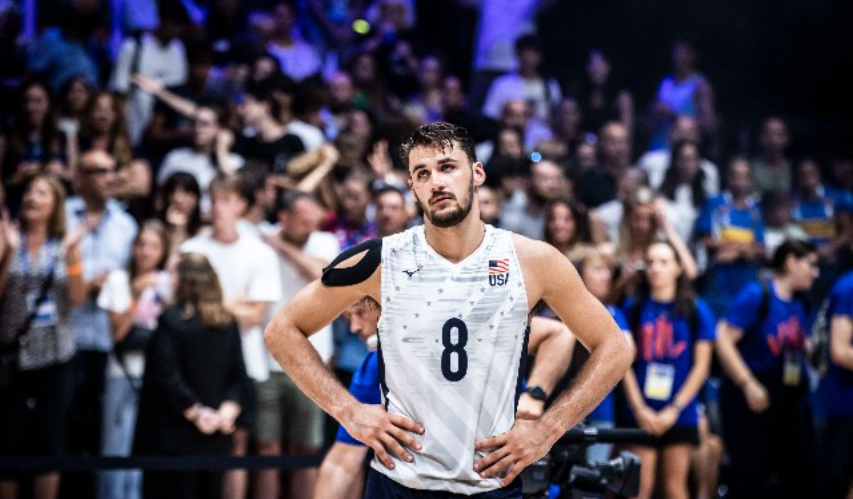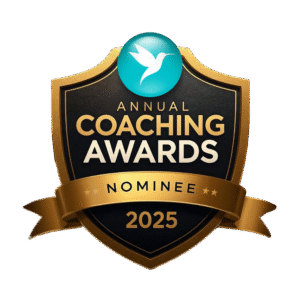As a volleyball player, I felt thrilled watching the VNL finals between the USA and France. These two are great teams, and I saw all their emotion and effort to get the so-much-wanted gold medal, and they made only a few mistakes throughout the game.
(4:16) The match arrives in the fifth set; everything can happen now. The score is 10-14 for the French team; the game is still on. The setter gives the ball to David, number 20, the middle blocker from the USA team, and hits the ball into the net. 10-15, and it’s France that wins the gold.
Errors are the last thing anyone wants to make. Still, mistakes do happen; we all know that. When our mistake results in the winning point for the other team, it’s not easy to accept and deal with it; at least, I never found it easy.
I couldn’t stop thinking about David after that ball. How has he been feeling since then? I hope it’s been going well for him.
I know a feeling; you tend to forget that on the other side of the net, a team is trying to beat you. Also, after a mistake, you tend to forget that you’re a team that loses and wins together. So, you often blame yourself for losing the entire game, as though solely responsible for the outcome.
I remember the times when this happened to me. My mind wandered back and forth. I thought about that moment and relived that action (and every emotion) again and again.
What could I have done better? Why didn’t I take a better option? At my level, I shouldn’t have done that. Do you think this sounds familiar to you? I was filling my mind constantly with these questions and affirmations.
But the truth is, dwelling on that mistake didn’t help at all.
So how did I learn to bounce back from a big mistake? I’ll share what I learned to apply to get things back on track.
- Accept my mistake. I would begin to bounce back sooner if I’d accepted that I’m not perfect and that everyone makes mistakes; why should it be different for me?
- Make no excuses. When things don’t go as planned, it can be easier to blame the ball, the set, lights, noises in the gym, or even esoteric causes or bad luck. I’ve understood that taking full responsibility for my mistake would allow me to recover sooner.
- Recognize that I’m not the mistake I made. This step took much work to achieve. Understand that my error didn’t define me as a person or athlete; it didn’t make me a less valuable or worthy athlete. I wasn’t that mistake; I made that mistake; these affirmations are two very different things.
- Talk about it. I felt embarrassed and guilty. So, I isolated myself from coaches and teammates. This only made the situation worse. Yet, I learned that talking to my mates, coaches, or family members about it eased my pain. They often said something that shed light on what happened that I may not have seen, and their words made me feel a little better. If you need to talk to somebody, let me know; I’d love to be there for you.
- Find a lesson from the mistake. Once I could draw a lesson from it, I saw it with new eyes. It was an opportunity to learn and grow. Suddenly, my negative feelings turned into positive ones.
I’m still a work in progress, and I learn every day. As I’ve always said, I don’t have the solution to everything; it’s not my goal. But, sharing is powerful because people understand they are not alone. There are other athletes out there who have gone through that same situation or are still dealing with it.
These steps can help you or a teammate today or when you feel that your mistake is too big to deal with.
And remember,





